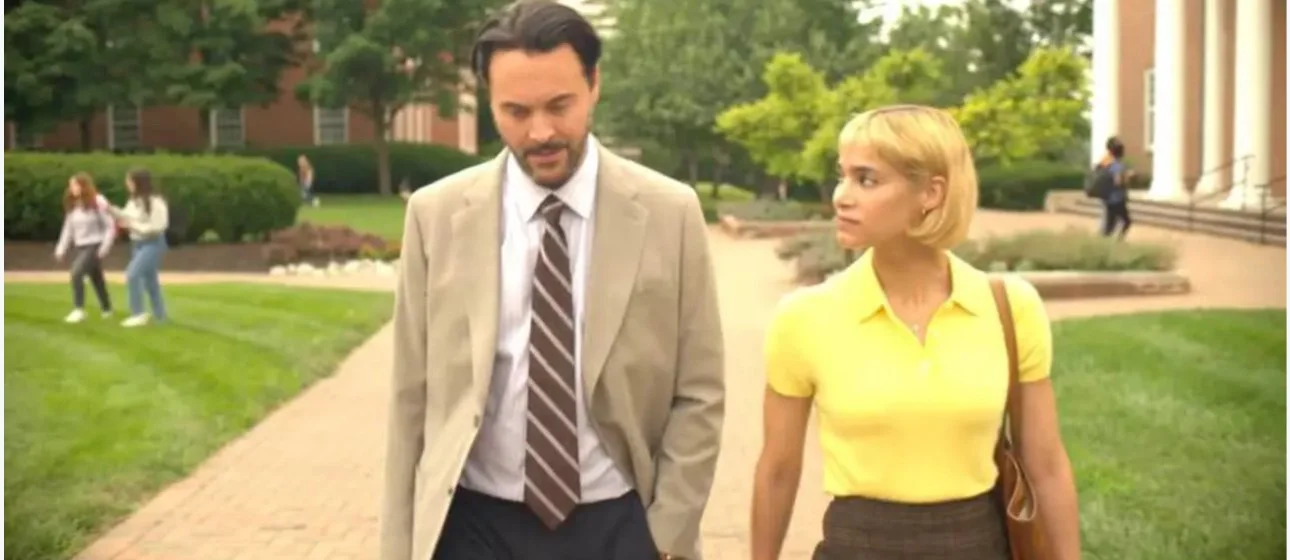The first three days of screenings at Cannes offered a handful of decent competition entries: there was the eerie, if somewhat predictably rendered, portrayal of Soviet oppression in Sergei Loznitsa’s “Two Prosecutors,” and Dominik Moll’s clinical yet visually flat police procedural, “Dossier 137.” However, last night at the Debussy Theater, a film finally burst out of the screen.
There is something deeply unsettling about “Sirât,” Oliver Laxe’s hypnotic and harrowing new film—a feeling that you’re being led, not walked, to an edge you didn’t know the film has.
“Sirât” is the work of a filmmaker who seems to delight in confusing us from comfort, from certainty, from even the faintest idea of what comes next.
Laxe, whose earlier works, like the artfully impenetrable “Fire Will Come,” was suggested as a new voice in slow cinema, now reveals himself as something stranger, fiercer, and more daring.
“Sirât” begins at a rave in the Moroccan desert. This is no Instagram-friendly desert rave. These dancers are sunburnt, scarred, unsanitary. Laxe’s cinematographer Mauro Herce captures them with a poet’s eye.
And then Luis arrives. Played with quiet gravity by Sergi López, Luis is searching for his daughter, Mar, who disappeared five months earlier. With his son Esteban (Brúno Nuñez) and a stack of missing posters, Luis walks through the ecstatic crowd, unmistakably out of place, asking anyone, everyone, if they’ve seen his daughter. A tip leads him to another rave, deeper into the desert, and then the military arrives, issuing a chilling evacuation order. Civilization, it seems, is collapsing, Mad Max-style, somewhere offscreen.
This strange convergence forms the uneasy soul of “Sirât.” Laxe weaves together strands of mystery, road movie, and experimental odyssey, only to burn it all down halfway through. What begins as a slow, spiritual, mundane search mutates—violently—into something far more volatile. A crushing tragedy arrives, and suddenly “Sirât” goes gonzo.
It’s here that Laxe’s film becomes less a narrative and more a fever dream. Characters are lost. The film begins to resemble ‘Mad Max’ as rewritten by Antonioni.
Even at its most surreal—and the third act takes some truly insane turns—the film remains heartbreakingly human. These are people trying to make sense of devastation. Trying to find family. Trying to survive, or at least die with their eyes open.
In his search for molding a new kind of cinema, Laxe finds something new—something hard, and strange, and unforgettable.






